British Prime Minister Keir Starmer’s visit to India this week signals an important moment in the new Labour government’s trade and foreign policy agenda. Fresh from finalising the long-awaited India–UK free trade agreement (FTA) in July, Starmer’s message in New Delhi and Mumbai has been clear: Britain is eager to deepen its business and services partnerships with India but not to rekindle the politically sensitive debate over immigration.
During his visit, Starmer underlined that expanding UK visa quotas for Indian workers “isn’t part of the plans”, seeking to draw a clear line between trade liberalisation and migration policy.
“The visa situation hasn’t changed with the free trade agreement. We didn’t open up more visas. The issue is not about visas, it’s about business-to-business engagement and investment and jobs and prosperity coming into the United Kingdom,” he said.
Starmer’s statement come as his administration faces rising domestic pressure to curb immigration amid a surge in support for Reform UK, the anti-immigrant right-wing party that has capitalised on public unease over Britain’s migration levels.
Labour’s electoral calculus appears to hinge on demonstrating that it can deliver post-Brexit economic opportunities without compromising on border control.
Trade without migration concessions
The India–UK trade pact, finalised on 25 July covers 35 service sectors, providing a framework for Indian professionals including chefs, yoga instructors, architects, and musicians to work in the United Kingdom for up to two years. However, the agreement stops short of offering any new immigration routes or increasing work visa quotas, a deliberate omission that reflects Starmer’s desire to balance pro-trade diplomacy with domestic political sensitivities.
Impact Shorts
More ShortsThe Labour leader’s stance represents a departure from earlier suggestions under the Conservative government that visa flexibility might form part of a broader trade package. By decoupling migration from trade, Starmer aims to avoid the perception that London is trading border access for market access, a narrative that could alienate portions of the British electorate weary of immigration debates dominating national politics.
In India, however, expectations had been higher. New Delhi has long sought easier mobility for skilled professionals as part of its trade negotiations, viewing it as a reciprocal element in agreements involving services liberalisation.
Starmer’s refusal to budge on this front may disappoint sections of India’s tech and services industries, but London appears confident that expanded market access and investment potential will compensate for the visa restraint.
Political calculus at home
Starmer’s tightrope walk highlighted a defining challenge for his premiership: reconciling Britain’s economic need for international talent with the political imperative to appear tough on immigration. The UK’s net migration numbers remain historically high, fuelling criticism from Reform UK and parts of the right-wing press that Labour’s policies are too lenient.
Recent proposals floated by the Starmer government including lengthening the residency period required for indefinite leave to remain and linking eligibility to an individual’s economic contribution highlight Labour’s determination to reclaim political ground on migration control.
By drawing a distinction between short-term mobility for professionals under trade pacts and permanent immigration, Starmer is seeking to reassure both business groups and voters that Britain can remain open to commerce without opening its borders wider.
Strategic outreach to India
Beyond the visa question, Starmer’s visit has broader strategic significance. India remains one of the world’s fastest-growing major economies and a priority market for Britain’s post-Brexit global trade ambitions. The July FTA which took nearly three years to finalise is expected to reduce tariffs, boost services exports and strengthen investment flows in technology, renewable energy and education.
In Mumbai, Starmer met with leading Indian business figures to pitch the UK as a hub for innovation and financial services. His emphasis on “prosperity and investment” reflects Labour’s effort to rebuild confidence among global partners that Britain remains a reliable, open trading nation despite recent years of political turbulence.
Balancing global openness and domestic caution
Starmer’s careful messaging in India captures the dual priorities shaping Britain’s foreign policy: promoting trade-driven growth abroad while managing immigration anxieties at home. The approach signals a pragmatic recalibration, one that prioritises economic diplomacy over migration concessions.
For India, the trade deal’s services provisions still represent progress, offering short-term work opportunities for professionals in select sectors. Yet the absence of broader visa reform suggests that New Delhi will continue to push for greater mobility in future rounds of negotiation.
As Britain seeks to reassert itself as a global trading power, Starmer’s India outreach underscores the fine line between openness and restraint, a balancing act that may well define his government’s economic diplomacy in the months to come.


)
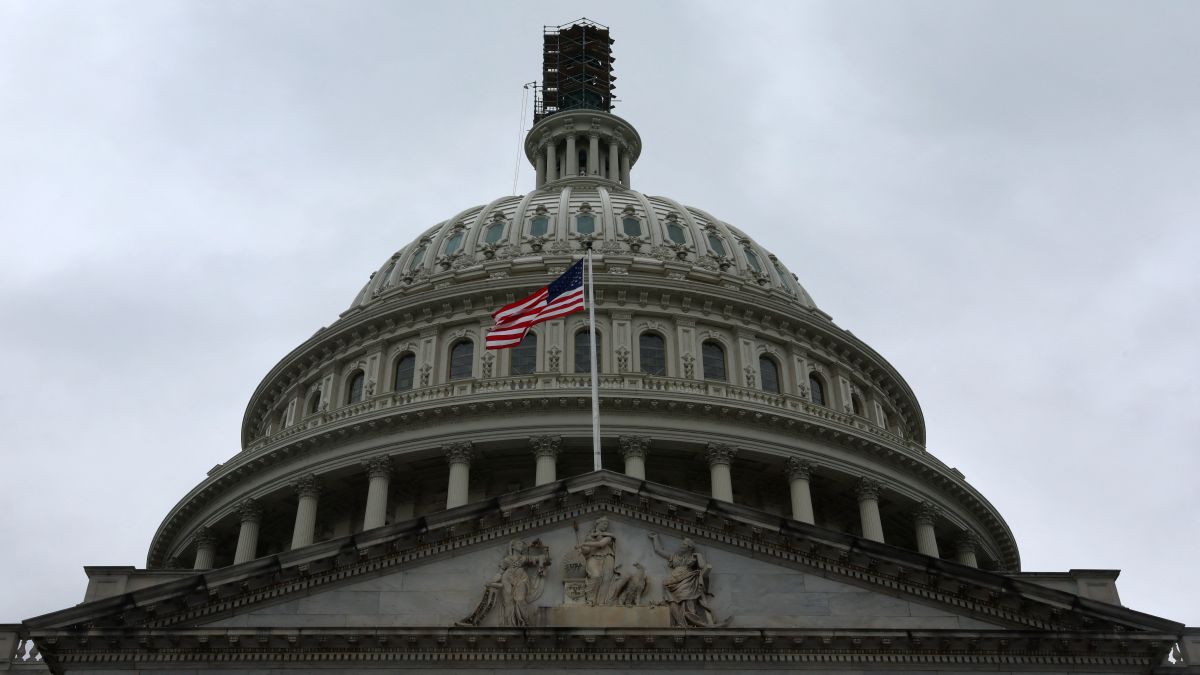
)
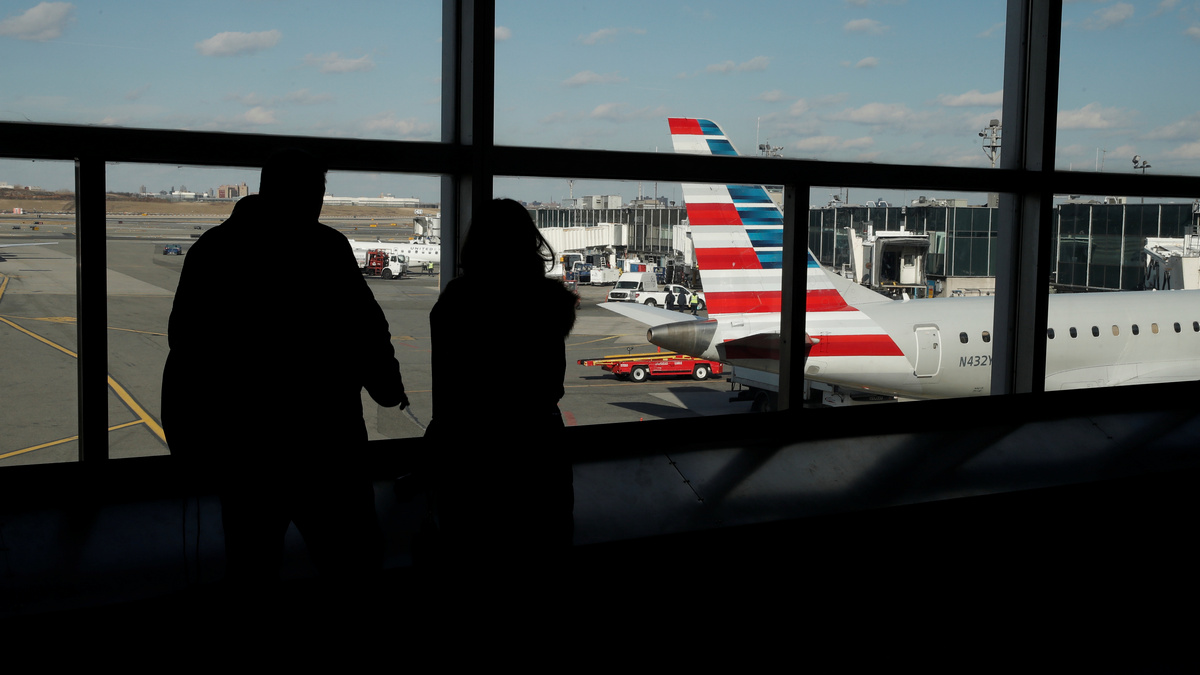)
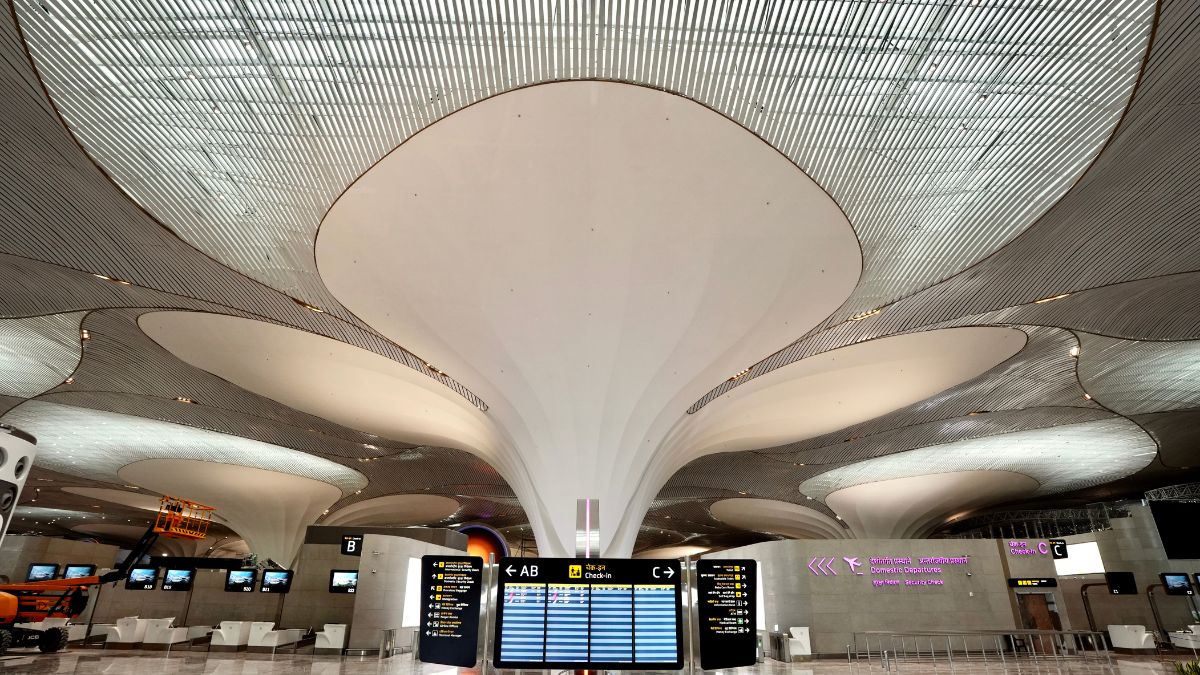)
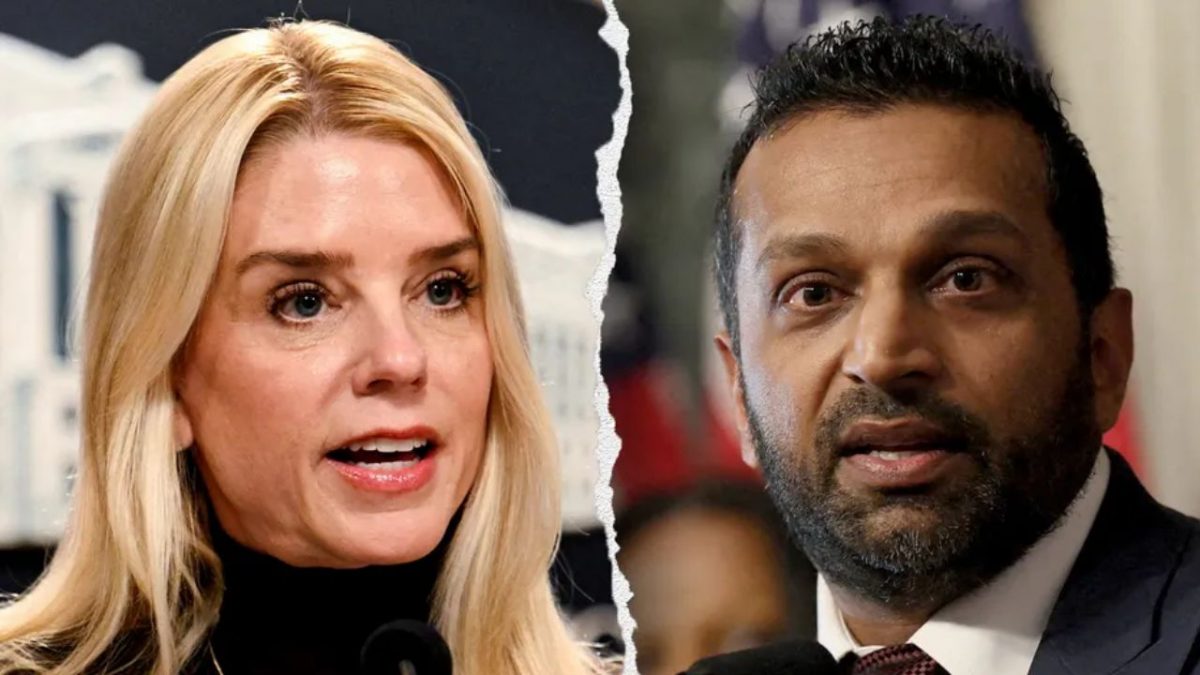)
)
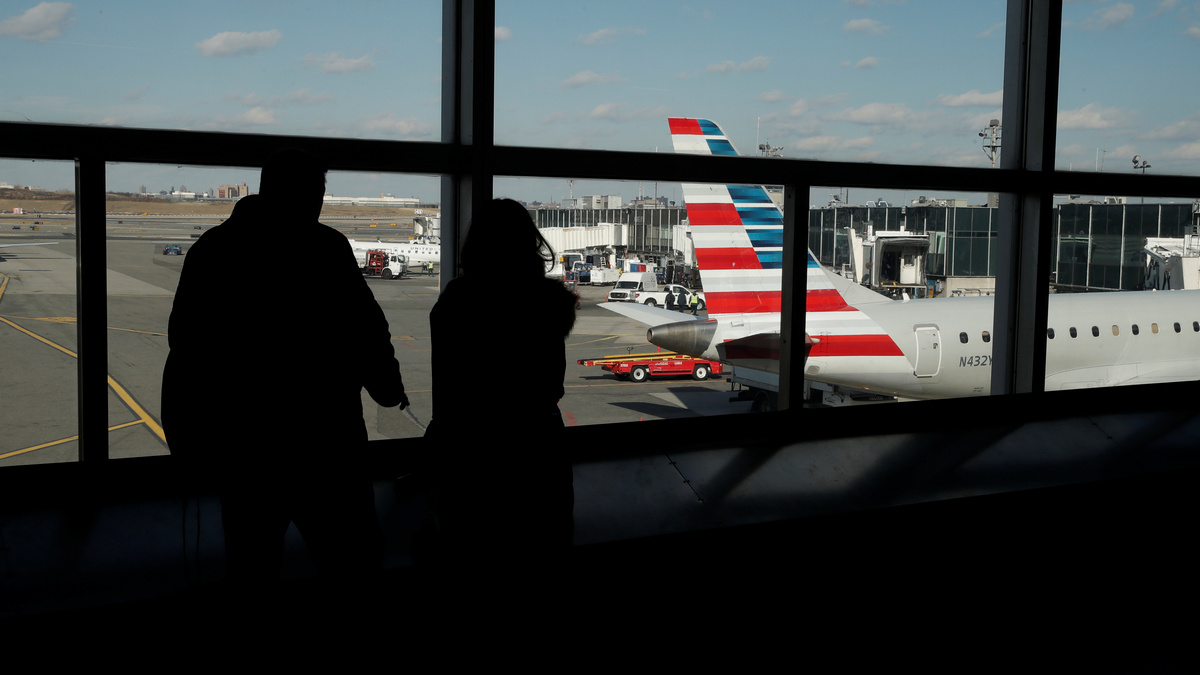)
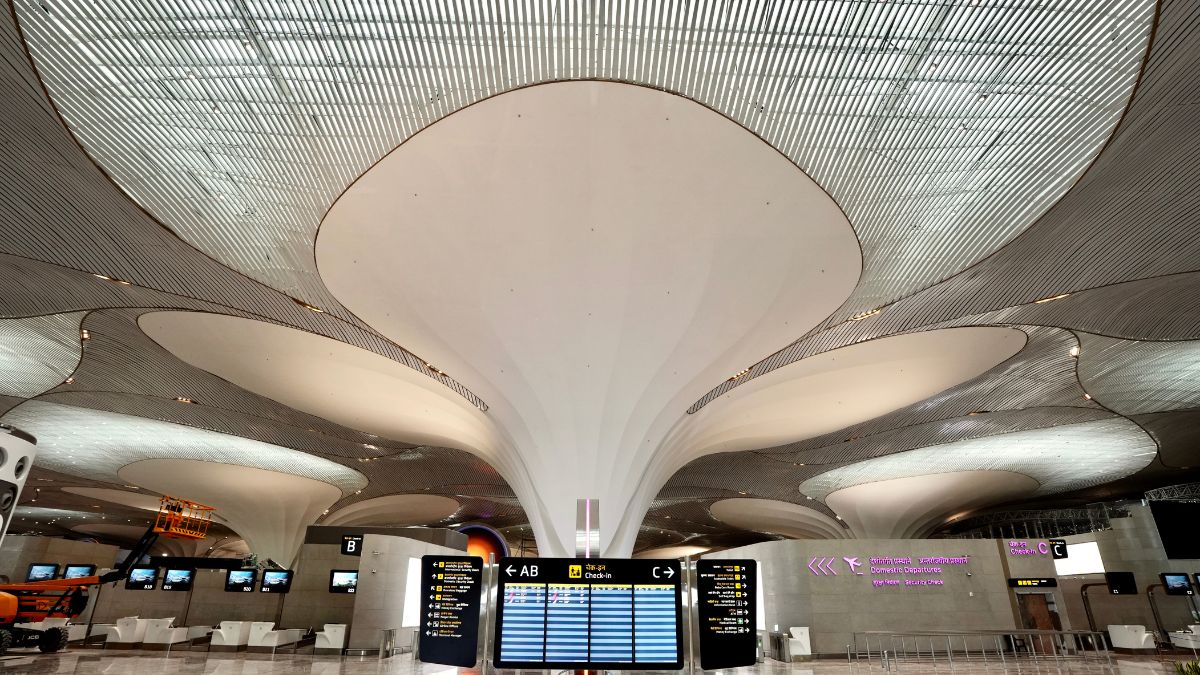)
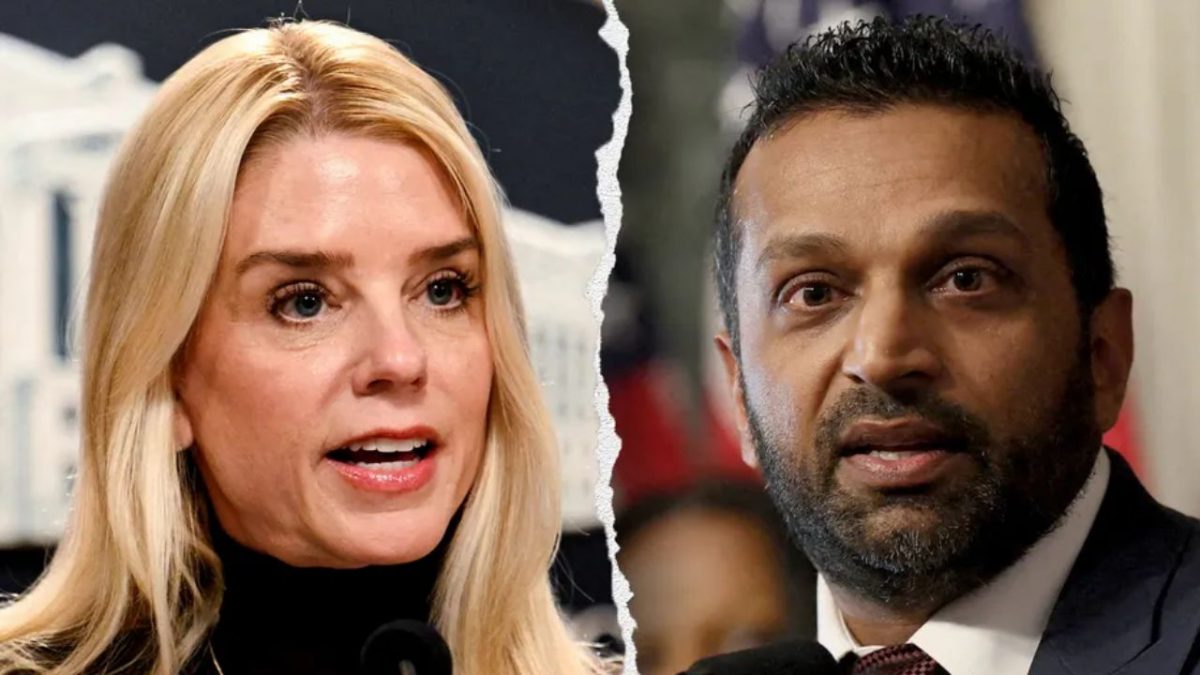)



